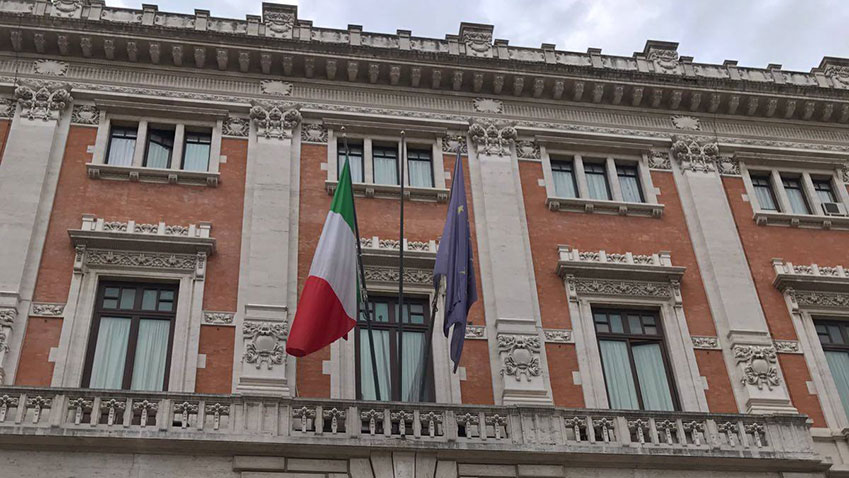The Italian network of Intercultural cities includes twenty five municipalities that collaborate on intercultural policies and define good practices of local governance, promoting the participation of diverse communities in the life of their cities, and the diversity advantage concept.
During the coordination meeting that took place in the morning, participating cities made proposals regarding the sustainability of the coordination of their network, agreed on their new strategy for 2017-2020 and discussed three main issues to be brought to the attention of the national level with a request of enhanced cooperation. The priorities so identified concern: i) citizenship rights and long-term residence; the need for a national strategy for integration as a frame to shift the angle under which migration is tackled from an emergency to a long-term approach; freedom of religion and the recognition of places of worship.
In the afternoon session, the meeting continued with an exchange with members of the Italian parliament, headed by MP Michele Nicoletti, Head of the Italian Delegation to the Council of Europe Parliamentary Assembly, as well as with representatives of the Ministries of Interior and of Social Policies and Employment. Participants agreed on the need to speed up work towards the adoption of the new legislation on nationality that would recognise the citizenship based on a combination of ius soli and ius culturae. The current draft law which is pending adoption has been considered as an effective tool to prevent radicalisation and violent extremism, but also as a way to enhance the full enjoyment of human rights, including LGBTi rights, political participation, access to education, and gender equality for all the residents.
On the national strategy for integration, participants took note of the possible forthcoming adoption at the state level of a National Plan for the integration of refugees and asylum seekers that, once in place, could be used as a frame for a wider integration strategy for all migrants.
Finally, on freedom of religion and the recognition of the places of worship, participants noticed that the issue is so far mainly addressed at the local level through different and not harmonised approaches. Thus, it seemed urgent to work towards the drafting of legislation at national level that would fix the basic requirements for the recognition of the places of worship and the promotion of interconvictional dialogue.




